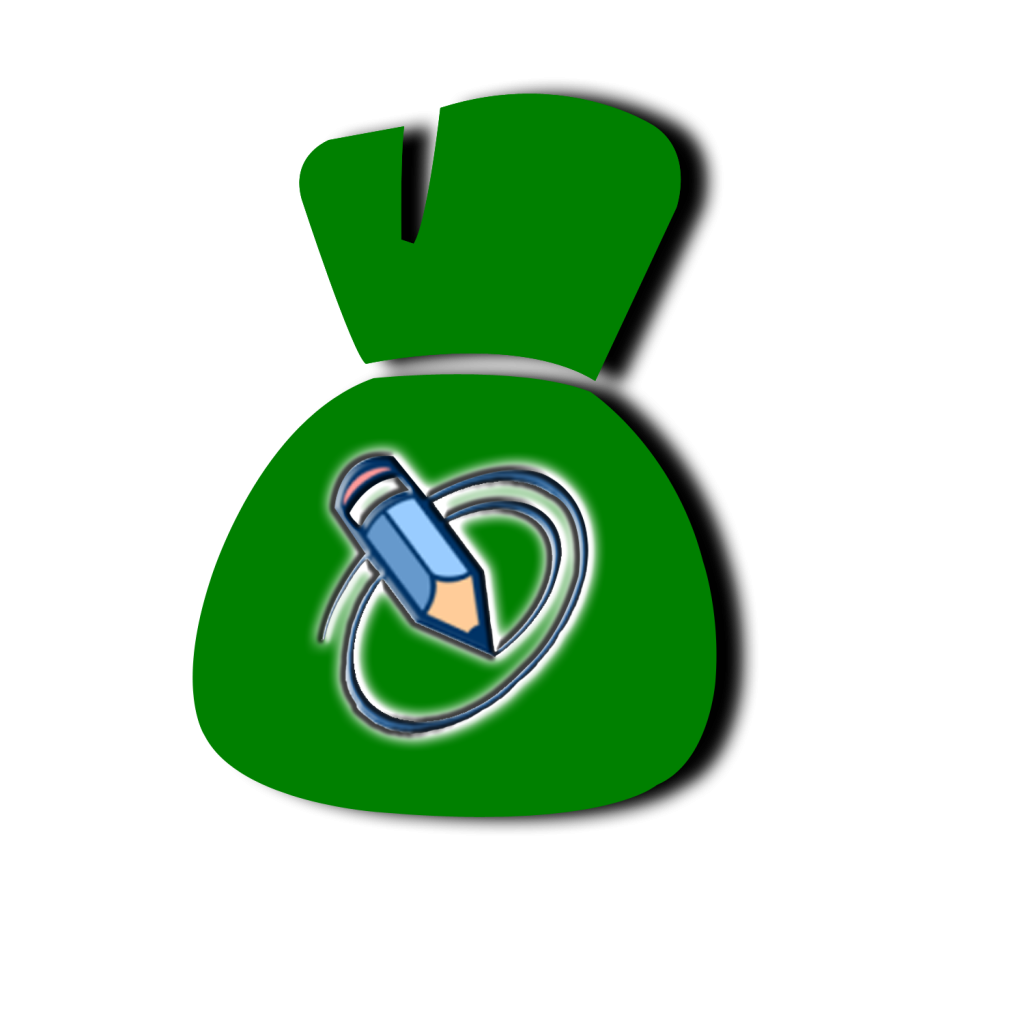We all knew the Affordable
Care Act was going to affect more than the type of medical insurance we can
have, and if you are in one of the top two tax brackets, you’re among the lucky
ones paying for much of the ACA through two new taxes. The new Medicare tax is
an additional 0.9% taken from the paychecks of everyone who earns more than the
threshold amount, and the tax on Net Investment Income (NII) takes an extra
3.8% on profits from investments. (The latter is in addition to the higher
capital gains tax that upper-income taxpayers are already paying.)
What's more, because the
threshold amounts for both the additional Medicare tax and the NII tax are not
going to increase based upon inflation, like the Alternative Minimum Tax, more
taxpayers will find themselves subject to these new taxes as time goes by and
incomes rise.
The additional 0.9%
Medicare tax applies once your income from a job (“wages”) exceeds a certain
amount:
“A lot of people didn’t
fully understand the new tax laws,” says Karen Goodfriend, a CPA and Personal
Financial Specialist (PFS) who works in Los Altos, Calif. “It’s complicated.
There are new taxes and new thresholds."
As more and more Americans
are completing their 2013 tax returns, they are waking up to just how big a
bite these taxes can have.
The additional 3.8% Net
Investment Income tax applies if: a) you have net investment income, and 2)
your modified adjusted gross income exceeds the following thresholds. Note that
with the exception of “qualifying widow(er) with dependent child,” these are
the same dollar amounts as above.
Note: the
thresholds for both new taxes are not indexed to increase with inflation.
Reducing the impact of the
additional Medicare tax is difficult unless you're your own boss. One advantage
of being self-employed is that you can often control the timing of your income.
If you’re able to push income into the following year, you might be able to
keep your wages from exceeding the threshold for your filing status. If you
work for someone else, then the best you can hope is that your company gives
you some flexibility to delay receipt of your bonus until Jan. 1.
By law, your employer must
automatically withhold the extra Medicare tax when your income exceeds the
threshold. The problem is that if you and your spouse both work outside the
home and neither of you individually earns more than the threshold, you will
still be liable for this tax if your joint income is more than $250,000. If you
haven’t had this taken out of your paychecks, you’ll need to write a check for
this amount when you file your tax return. Additionally, you might be subject
to a penalty for underpaying your taxes for the previous year. To avoid this,
the American Institute of CPAs recommends you increase your payroll withholding
or make quarterly estimated tax payments.
Max Out Your Retirement Contributions
Since money you contribute
to your employer-sponsored retirement plan is deductible, you might be
wondering if this is a way to reduce your wages so they are below the level
where the additional 0.9% Medicare tax kicks in. Nice try. Medicare and Social
Security taxes are calculated before your retirement plan contributions are
taken into account.
But that’s no reason to
slack off on your 401(k). Contributions to company-sponsored plans as well as
traditional IRAs will still reduce your taxable income. And, that will impact
whether you are subject to the Net Investment Income tax.
“The sooner you make a
contribution to a tax-deferred retirement account, the better. Not only does
this reduce your taxable income, it helps build retirement income,” says John
Sweeney, executive vice president at Fidelity Investments. If you have a
401(k), 403(b) or 457 plan through work, in addition to the maximum amount you
can contribute is $17,500. However, if you are age 50 or older, the maximum is
$23,000 thanks to the $5,500 “catch-up contribution.”
The most you can
contribute to a traditional or Roth IRA is $5,500, plus another $1,000 if you
qualify for a catch-up contribution.
Last Hope (for 2013)
At this point, says
Sweeney, ”you can’t do a lot to affect your 2013 return other than make an IRA
contribution.” But instead of waiting until this time next year to come up with
the money for your 2014 IRA contribution, he suggests you get started now. “Put
a couple of hundred bucks a month in [your IRA].” Virtually every mutual fund
company has a free, automatic investing plan and will deduct whatever amount
you specify from your bank account on a certain date each month.
The benefit of this
approach, called “dollar cost averaging,” is two-fold: not only do you reap
whatever gains the markets deliver throughout this year, you also start to live
on less income. “You figure out how to make small adjustments so you are saving
10-15% of your income,” says Sweeney. He maintains that if you can learn to
live on 85% to 90% of what you earn, “you’ll be better off in the long run. By
the time you’re retired, your spending level will be adjusted lower and you’ll
have a nice nest egg.”
Got HSA?
If your employer gives you
the choice of contributing to a Health Savings Account, this can also help
reduce your taxable income. Think of an HSA as an IRA for medical expenses. It
reduces your current tax bill because contributions are deductible and it
reduces your future taxes because withdrawals are tax-free, provided they are
used for qualified medical expenses. If
you are still working and can afford it, Sweeney recommends not using your HSA
account to cover smaller medical expenses such as prescriptions and co-pays.
The less you withdraw from your HSA today, the more money you’ll potentially
have in the future. Medical expenses tend to increase as you age. When you’re
retired and no longer getting a paycheck, he says your HSA represents “a pool
of money that has grown tax-free.”
Think of the Kids (or Grandkids)
While it won’t have any
impact on the amount of income that is currently subject to tax, Goodfriend
encourages clients--many of whom come from the wealthy Silicon Valley area--to
consider a 529-college savings plan. The
money invested inside these accounts grows tax free if it’s used for qualified
expenses and as she points out, “you minimize the income that can be subject to
investment income tax” in the future.
Give It Away- Smartly
If you are charitably
inclined, don’t write a check! Instead, donate appreciated property to the
charity instead of selling it yourself. This prevents you from being pushed
into a higher tax bracket and potentially over the threshold for the investment
income tax. And, since a charity does not pay tax when it sells securities, it
receives all of the proceeds--not just the after-tax amount.
Ms. Buckner is a
Retirement and Financial Planning Specialist and an instructor in Franklin
Templeton Investments' global Academy. The views expressed in this article are
only those of Ms. Buckner or the individual commentator identified therein, and
are not necessarily the views of Franklin Templeton Investments, which has not
reviewed, and is not responsible for, the content.
Hass and
Associates Accounting Tax Preparation What the New Obamacare Taxes Mean for
Your Return
Related Articles:














0 comments:
Post a Comment